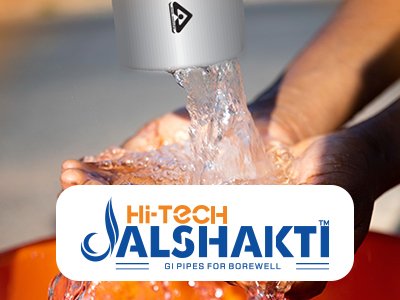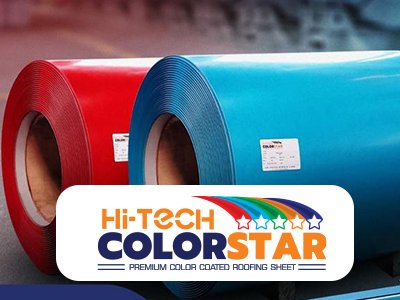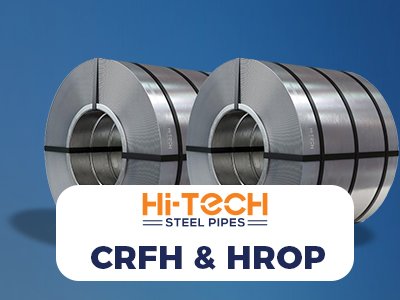WELCOME TO HI-TECH ERW PIPES
ERW Pipes | Electric Resistance Welded
ERW (Electric Resistance Welded) pipes are a type of steel pipe manufactured using a welding process that involves electric resistance. These pipes are widely used in various industries due to their strength, durability, and cost-effectiveness. This article will explore what ERW pipes are, their properties, manufacturing process, and common applications.
1. What Are ERW (Electric Resistance Welded) Pipes?
ERW pipes are steel pipes made by welding longitudinally electric resistance. The manufacturing process involves cold-forming a flat sheet of steel into a cylindrical shape and then passing an electric current through the edges to fuse them together. This method ensures a smooth and high-quality weld.
- Materials: Typically made from carbon steel, alloy steel, or stainless steel.
- Manufacturing Process: Involves cold forming and electric resistance welding.
2. Properties of ERW Pipes
- Strength: High tensile strength due to the welding process, making them suitable for high-pressure applications.
- Durability: Long-lasting and resistant to stress and strain, especially when made from high-quality steel.
- Smooth Finish: The welding process provides a smooth internal and external surface, reducing friction and improving flow efficiency.
- Cost-Effective: More economical compared to seamless pipes, offering a balance between performance and price.
- Versatility: Available in various sizes, thicknesses, and grades to meet different application requirements.
3. Manufacturing Process of ERW Pipes
The production of ERW pipes involves several steps to ensure precision and quality:
- Slitting: The steel coils are slit into strips of the desired width.
- Forming: The strips are passed through a series of rollers to form them into a cylindrical shape.
- Welding: An electric current is passed through the edges to heat and fuse them together, forming a welded seam.
- Sizing: The pipe is passed through a series of sizing rolls to ensure the correct dimensions and roundness.
- Cutting: The continuous length of pipe is cut into the desired lengths.
- Testing: The pipes undergo various tests, including ultrasonic testing, hydrostatic testing, and X-ray inspection, to ensure weld quality and pipe integrity.
4. Common Applications of ERW Pipes
ERW pipes are used in a variety of industries and applications due to their strength, durability, and cost-effectiveness:
Oil and Gas Industry:
- Pipeline Systems: Used for transporting oil, gas, and other fluids over long distances.
- Casing and Tubing: Used in drilling operations to line the wellbore and support the well.
Construction:
- Structural Applications: Used as columns, beams, and scaffolding in building structures.
- Water and Sewage Systems: Ideal for water distribution and sewage pipelines due to their durability and resistance to corrosion.
Automotive Industry:
- Chassis Components: Used in the manufacture of vehicle frames and chassis due to their strength and lightweight properties.
- Exhaust Systems: Utilized in exhaust systems for their smooth internal surface and resistance to corrosion.
Mechanical and Engineering:
- Machinery and Equipment: Used in various machinery and equipment for their strength and versatility.
- Hydraulic Systems: Ideal for hydraulic piping due to their ability to withstand high pressure.
Infrastructure:
- Bridges and Flyovers: Used in the construction of bridges and flyovers for their strength and durability.
- Railways: Used in railway infrastructure for their reliability and performance.
Conclusion
ERW pipes are a versatile and cost-effective solution for a wide range of industrial and structural applications. Their manufacturing process ensures high strength and a smooth finish, making them suitable for transporting fluids, supporting structures, and being used in various mechanical and engineering applications. Understanding the properties and uses of ERW pipes helps in selecting the right type for specific projects, ensuring efficiency, durability, and cost savings.















